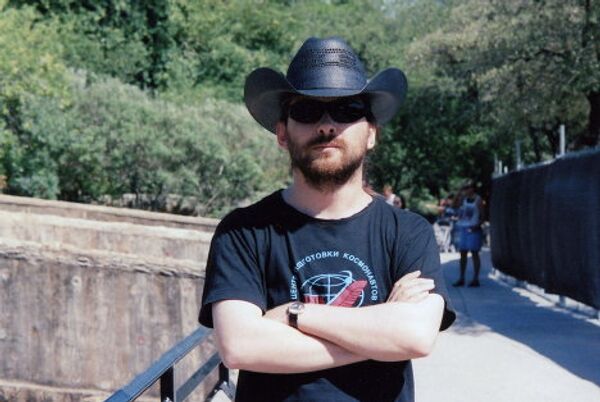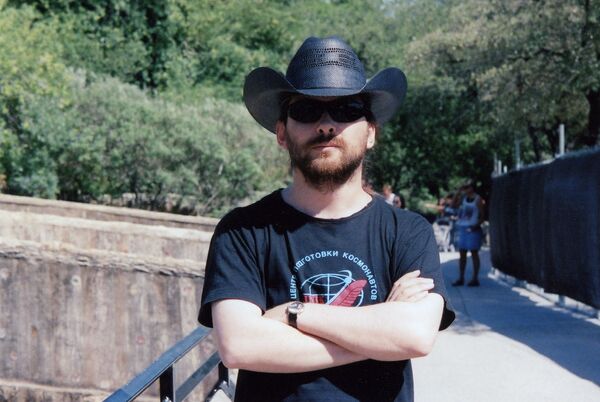Yesterday I read an interesting report from PEN, the writers’ association, which recently carried out a survey among 520 American writers on their attitudes to fugitive former intelligence worker Edward Snowden’s revelations about the US government’s surveillance programs. The results were quite startling: Apparently, 16 percent of the writers are already censoring what they write due to the fear that they are being watched.

I was quite taken aback. On the one hand, I too am alarmed by the fact that the government has quietly granted itself the right to collect lots of data on our virtual comings and goings. Seventy-three percent of respondents in the survey said they “have never been as worried about privacy rights and freedom of the press as they are today.” I’d agree with that.
But at the same time, when I read that 24 percent of the writers avoided “certain topics” in phone or email conversations, I think they are overreacting. I doubt very much that the government has any interest in what writers talk about. Hardly anybody does, after all.
And what topics are these writers avoiding, in speech and in their works? As much as the National Security Agency loves to snoop, the US is emphatically not a police state. Rather it’s a place of wild free speech, which is something I appreciate deeply, coming as I do from Europe, where consensus politics and vaguely defined speech laws have indeed led to a climate of self-censorship.
According to PEN, some writers feel anxious when discussing the Middle East, which – if you’re a journalist reporting on government secrets – I can understand. But if you’re just some dude reading the news and spouting off like the rest of us, then I cannot. Meanwhile some of the comments PEN published from the (anonymous) authors were plain bizarre, e.g.:
“I have felt that even to comment on the Snowden case in an email would flag my email as worthy of being looked at.”
This is not only paranoid but extremely naive about the workings of the web; there are so many references to Snowden online that it would keep the security agencies busy for all eternity to investigate every single one.
And then there was this gem:
“I am pretty free with political opinions online, but hesitate to write about liberal organizing, especially during Occupy.”
“Occupy” refers to the camps of unemployed middle-class graduates and political activists that popped up across the US in 2011, and which received wall-to-wall news coverage for what felt like decades. Of course, many celebrities and members of the ruling party endorsed Occupy, and yet PEN reports this statement with a straight face, when all it reveals is authorial paranoia and delusions of grandeur.
So there I was, feeling very dismissive, when I read another statistic: that 16 percent of writers have avoided conducting Internet searches “on topics that may be considered controversial or suspicious.” And now I did start to sympathize, as I remembered my own instances of paranoia.
For instance, at one point I was researching “Mein Kampf” and I spent a couple of afternoons trawling Nazi websites and eavesdropping on extreme-right message boards. Now, I’d be lying if I didn’t admit that for a few moments I worried that somewhere in the US a remote computer had taken note of the search and my IP address.
But then I calmed down. After all, “Mein Kampf” is still a pretty popular book, so I decided that my own measly search would drown in a flood. Reassured, I continued my trawling.
However, I was much more anxious while researching an article on child abuse, which required me to type the words “boy lovers network” into Google. Worse, I was doing it in an Internet cafe over an unsecure connection where the person at the table behind me could easily have been reading my screen.
Now that time I did consider scrapping the story because I was absolutely certain that the authorities are (rightly) on the lookout for pedophiles. However, I went ahead and did the research… and then the editor killed the piece anyway.
So I understand the fear. Yet, while the US may very well have unacceptable levels of surveillance, nobody is being sent to a re-education camp or shot, or jailed, or even fined for writing politically unpopular ideas.
In fact, it’s pretty clear that many American writers live a pretty sheltered life if they are so quick to succumb to fear. If it doesn’t even require the threat of violence or incarceration to instill terror in writers, then what would happen if they lived under a genuinely oppressive regime?
Sadly, we already know. History is full of repressive regimes where the overwhelming majority of professional writers did as they were told. Bravery is a rare quality anywhere, at any time, in anyone. The Solzhenitsyns among us are few. But that’s no excuse for being scared of a phone chat on topics that fill the news all day, every day.
The views expressed in this article are the author’s and may not necessarily represent those of RIA Novosti.
What does the world look like to a man stranded deep in the heart of Texas? Each week, Austin- based author Daniel Kalder writes about America, Russia and beyond from his position as an outsider inside the woefully - and willfully - misunderstood state he calls “the third cultural and economic center of the USA.”
Daniel Kalder is a Scotsman who lived in Russia for a decade before moving to Texas in 2006. He is the author of two books, Lost Cosmonaut (2006) and Strange Telescopes (2008), and writes for numerous publications including The Guardian, The Observer, The Times of London and The Spectator.
Transmissions from a Lone Star: Should Adults Put Small Children in a Cage and Make Them Fight?
Transmissions from a Lone Star: Bibliophile or Bibliomaniac?
Transmissions from a Lone Star: Please Don’t Steal My Brain When I Die
Transmissions from a Lone Star: Of Oligarchs and Fungi
Transmissions from a Lone Star: The Secret Rituals of History’s Most Creative Minds
Transmissions from a Lone Star: Apparently We Are All Getting Very Old
Transmissions from a Lone Star: The UN General Assembly ‘Explained’
Transmissions from a Lone Star: Will Somebody Please Pay Me to Lie in Bed All Day?
Transmissions from a Lone Star: In Britain, Big Brother Is Watching Your Dog Poop



